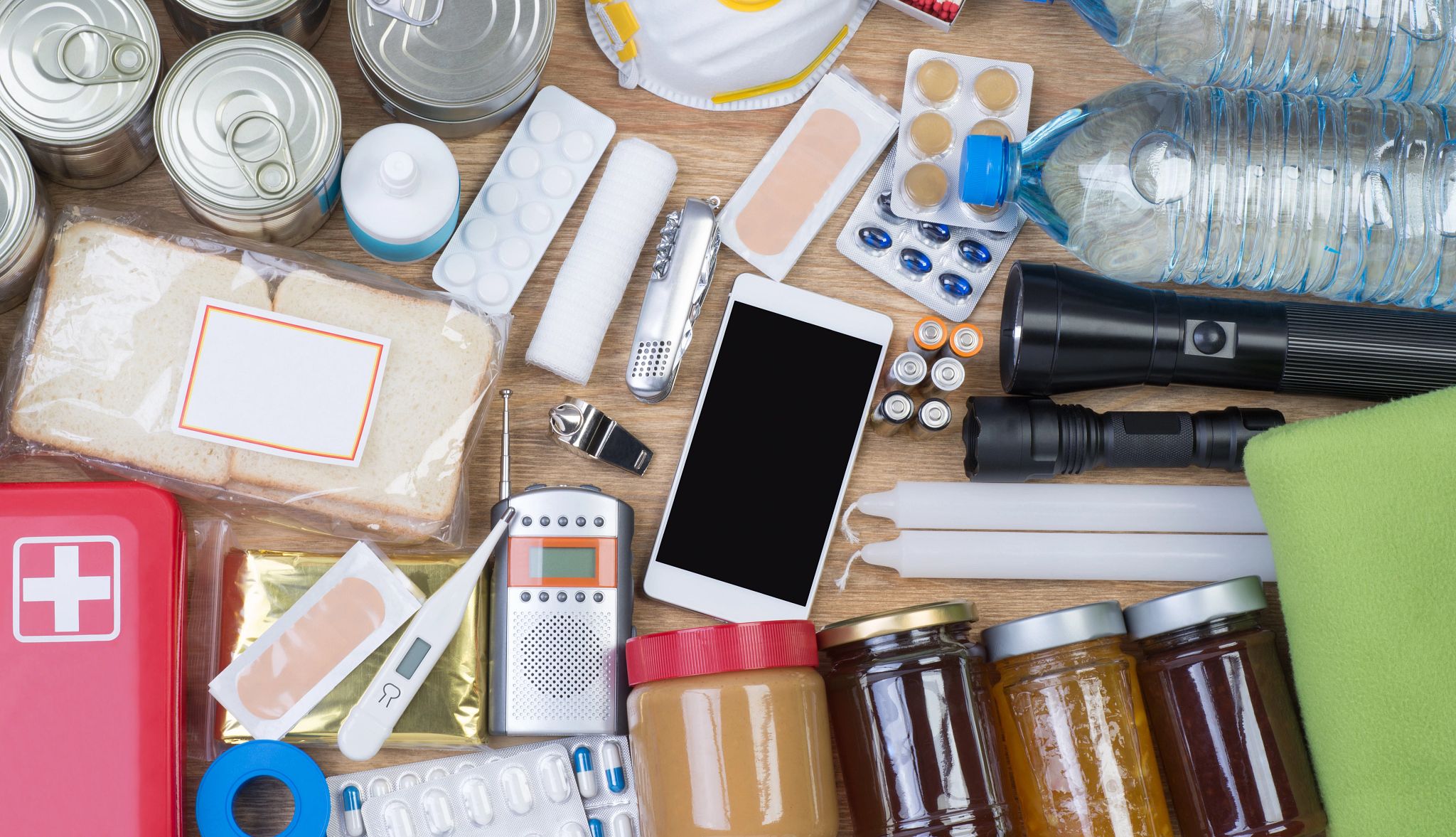AARP Hearing Center

When the electricity goes out unexpectedly, the loss of phone reception and internet service, and the closing of essential businesses can be distressing and potentially dangerous. FEMA recommends taking the following steps to prepare for a potential power outage, so you know what to do when a power outage occurs.
How to Prepare for a Power Outage:
- Make a list of the items you need that rely on electricity and identify an alternate power source – like batteries or a portable charger - for each.
- Work with your medical provider to create a power outage plan for medical devices that use electricity and medications that are critical for life.
- Get guidance from a pharmacist about how long medication can be stored at higher temperatures.
- If you live in an area where natural disasters or power outages frequently occur and you require appliances or equipment to steadily run, you may consider purchasing a power generator. The Red Cross has guidance on how to select the right generator for your needs.
- Have flashlights (plus extra batteries) for every person in the household.
- Determine if your phone will work in a power outage and how long battery backup will last.
- Purchase supplies for an emergency supply kit, including nonperishable food and extra water.
If you have a medical condition that could become life-threatening if you were to lose power, apply for critical care status with your electricity provider. You will need to print and complete the following form and then provide it to your physician, so they can complete and submit it on your behalf.
When the Power Goes Out:
- Keep your freezers and refrigerators closed to keep the contents cold. A refrigerator will keep food cold for about four hours, and a full freezer will keep the temperature for about 48 hours. If necessary, use a cooler with ice to keep important items cold. Dispose of food if the temperature gets 40 degrees or higher.
- Do not use a gas stove or oven to heat your home.
- Camp stoves or charcoal grills should always be used outdoors and at least 20 feet away from windows.
- Only use flashlights for lighting. Avoid candles, as they could be a fire hazard.
- Disconnect appliances, equipment, and electronics to avoid damage from momentary surges or spikes when the power returns.
If the weather is too extreme, go to a community center or local shelter that has power. Call 2-1-1 to get the address of the closet shelter or community center.
When the Power Returns:
- Throw away any food that has been exposed to temperatures 40 degrees or higher for at least two hours. An unusual odor, color or texture are also signs that food should be disposed of. When in doubt, be safe and throw it out.
- If the power is out for more than a day, discard any medication that is required to be refrigerated. Consult your doctor or pharmacist immediately for a new supply.































































